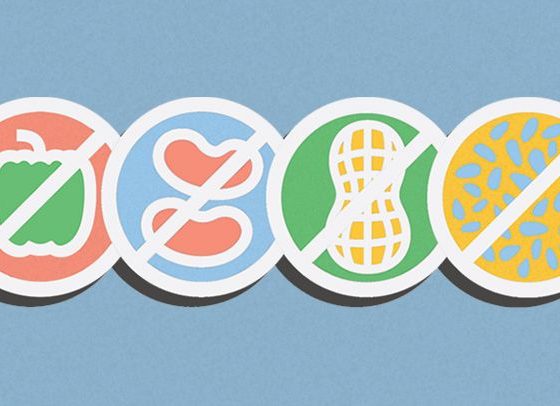
You may not be familiar with the term “lectins,” but there are some people who readily avoid including them in their diet because they believe it’s better for their health and weight.
What Are Lectins?
“Lectins are a plant-based protein naturally found in certain foods like beans, legumes, lentils, seeds, nuts, and a variety of nightshade vegetables like tomatoes, peppers, and eggplants,” says Grace Derocha, RDN, CDE, of Blue Cross Blue Shield in Detroit, Michigan. They are also found in many grains, fruits, and animals fed with corn, she says.
According to Steven Gundry, MD, who is credited with the development of the lectin-free diet, lectins disrupt cell communication and increase inflammation, causing poor gut health that leads to a host of ills, including digestive problems (bloating, gas, diarrhea), and weight gain, per Dr. Gundry’s website. (1) Yet many nutrition experts do not agree that you should actively avoid foods that contain lectins.
What Is the Lectin-Free Diet?
A lectin-free or lectin-avoidance diet is one that is recommended by Steven Gundry in his book The Plant Paradox: The Hidden Dangers in “Healthy” Foods that Cause Disease and Weight Gain. The diet encourages avoiding foods high in lectins. There are many types, but the three main categories are grains, nightshade vegetables, and legumes, according to this book. (2)
[“source=everydayhealth”]
